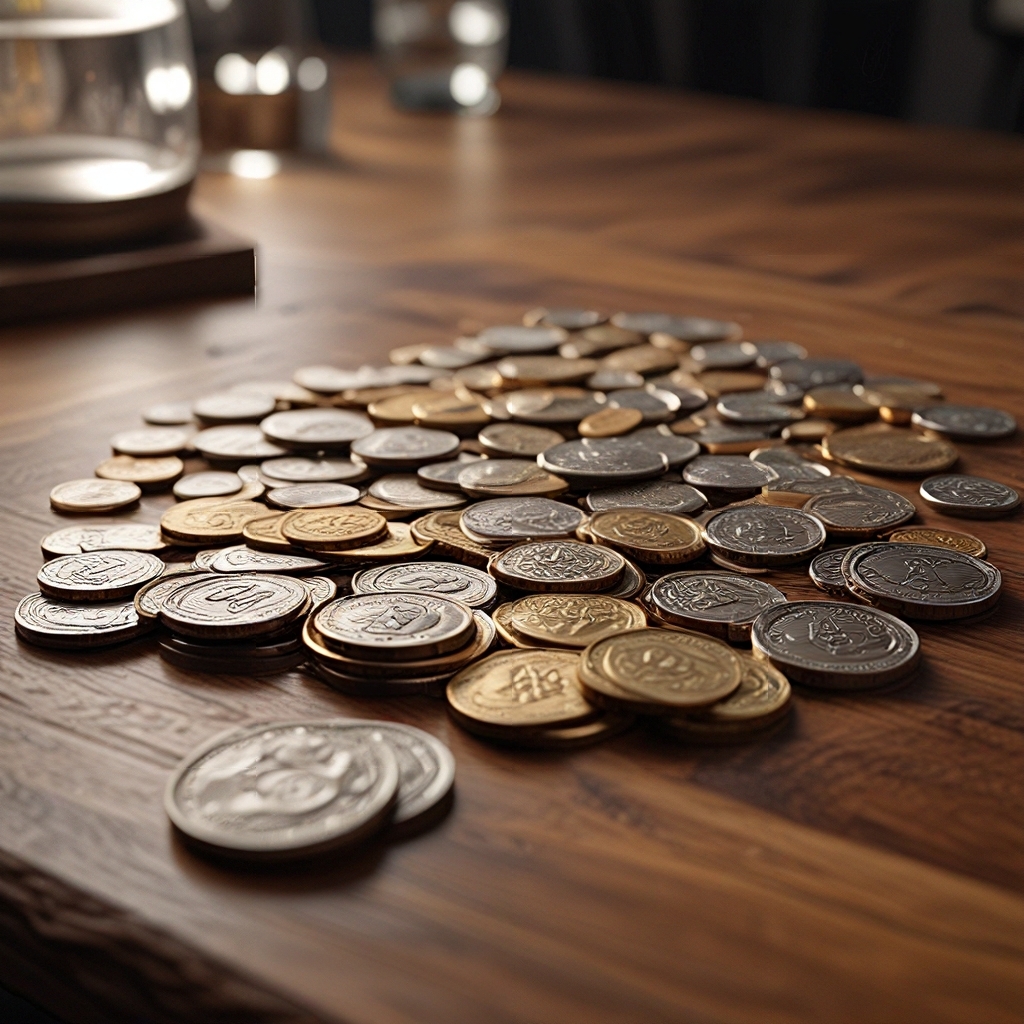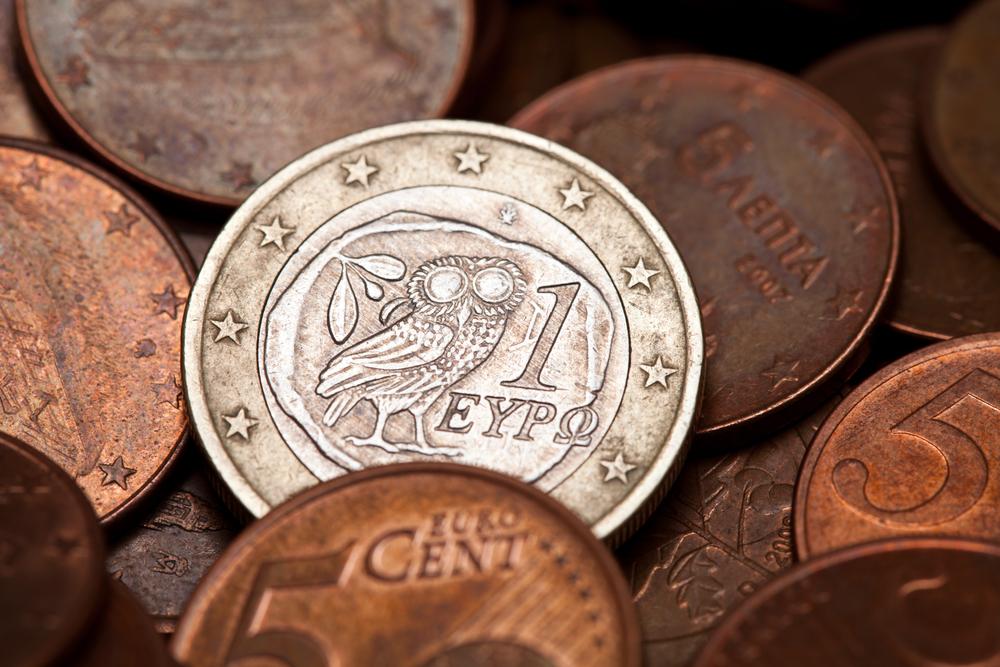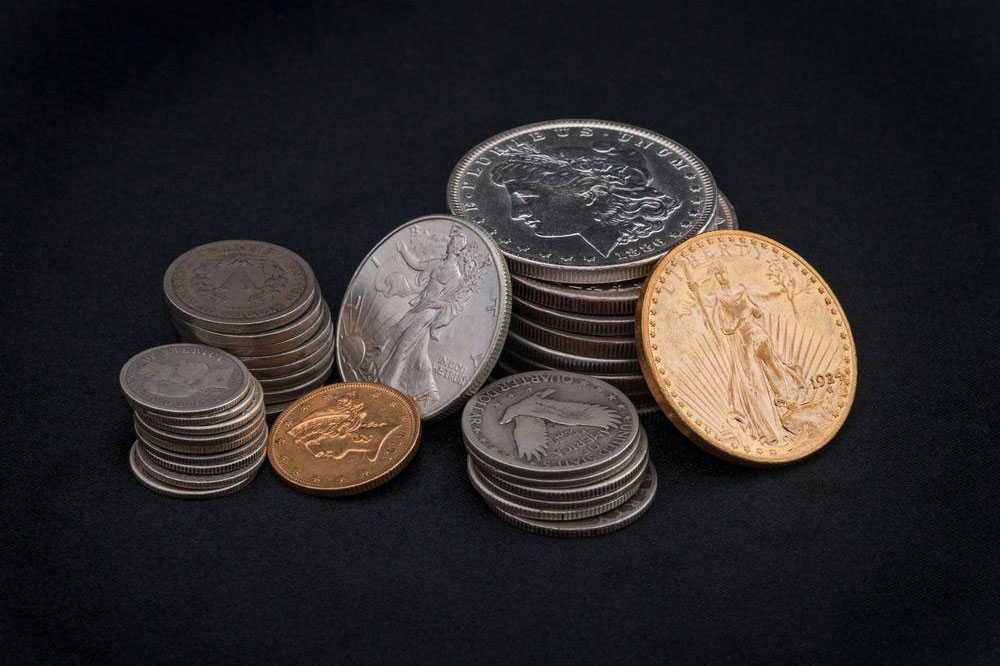Guide to Investing in Rare Coin Collecting: Key Tips and Considerations
Discover essential tips for investing in rare coins, including how to evaluate value, find reputable sources, and avoid common pitfalls. Learn what factors influence coin prices and how to build a diversified, authentic collection. This guide offers a strategic approach to numismatic investments, blending educational insights with practical advice for collectors or investors looking to capitalize on the value of rare, historic coins.

Guide to Investing in Rare Coin Collecting: Key Tips and Considerations
Understanding Coin Collecting
Numismatics involves collecting or studying currency, including coins, paper money, tokens, and related items. Rare coins are distinguished by their historical importance, minting errors, or limited production runs, increasing their value for collectors.
Top Tips for Investing in Rare Coins
1. Gain Knowledge
Educate yourself through books, coin shows, online communities, and clubs. Deep understanding helps identify genuine and valuable coins and navigate the market confidently.
2. Begin with a Small Budget
Start investing with modest funds to minimize risk and learn the process as you go. This approach allows for risk management and educational growth.
3. Source Reputable Sellers
Buy coins from trusted dealers, auction houses, or popular online platforms. Check seller reviews to ensure credibility and authenticity.
4. Opt for Certified Coins
Choose coins graded by professional authentication services. Certification assures authenticity and accurate condition assessment.
5. Diversify Your Collection
Spread investments across different types, eras, and condition levels to reduce risk and increase potential appreciation.
6. Monitor Market Values
Stay informed about current market prices with online tools and resources to make timely buying and selling decisions.
Factors to Evaluate Before Investing
1. Historical Importance
Coins linked to notable historical events or periods often fetch higher prices due to their significance.
2. Condition and Grading
Coin quality influences value. Coins are rated from 1 to 70, with higher grades being more desirable. Certified grades provide reliable evaluations.
3. Rarity Level
The scarcity of a coin, based on mintage or remaining specimens, directly impacts its market value.
4. Market Demand
Trends within the collector community can cause demand to fluctuate, affecting prices. High-demand coins tend to appreciate faster.
5. Authenticity Verification
Always verify that coins are genuine. Certified coins from reputable sources minimize the risk of counterfeits.
6. Timing Your Investments
Market conditions and economic shifts influence coin values. Recognizing optimal buying and selling times can maximize returns.
7. Liquidity Considerations
Choose coins that are more liquid—easier to sell—by focusing on popular types and highly demanded pieces.
Common Mistakes to Avoid
1. Skipping Due Diligence
Research thoroughly before purchasing to avoid overpaying or buying counterfeit items.
2. Overpaying at Auctions
Set a budget and stick to it to prevent overspending during bidding wars.
3. Solely Focusing on Profit
Enjoy the collecting process and learn from the experience rather than just aiming for quick gains.
4. Neglecting Storage and Insurance
Proper storage in climate-controlled environments and insuring valuable coins are vital for protecting your investment.
Investing in rare coins combines financial opportunity with the joy of owning pieces of history. With proper research, diversified holdings, and attention to market trends, collectors can build valuable and meaningful collections while potentially earning profits. Approach this hobby with passion, patience, and strategic insight for best results.








